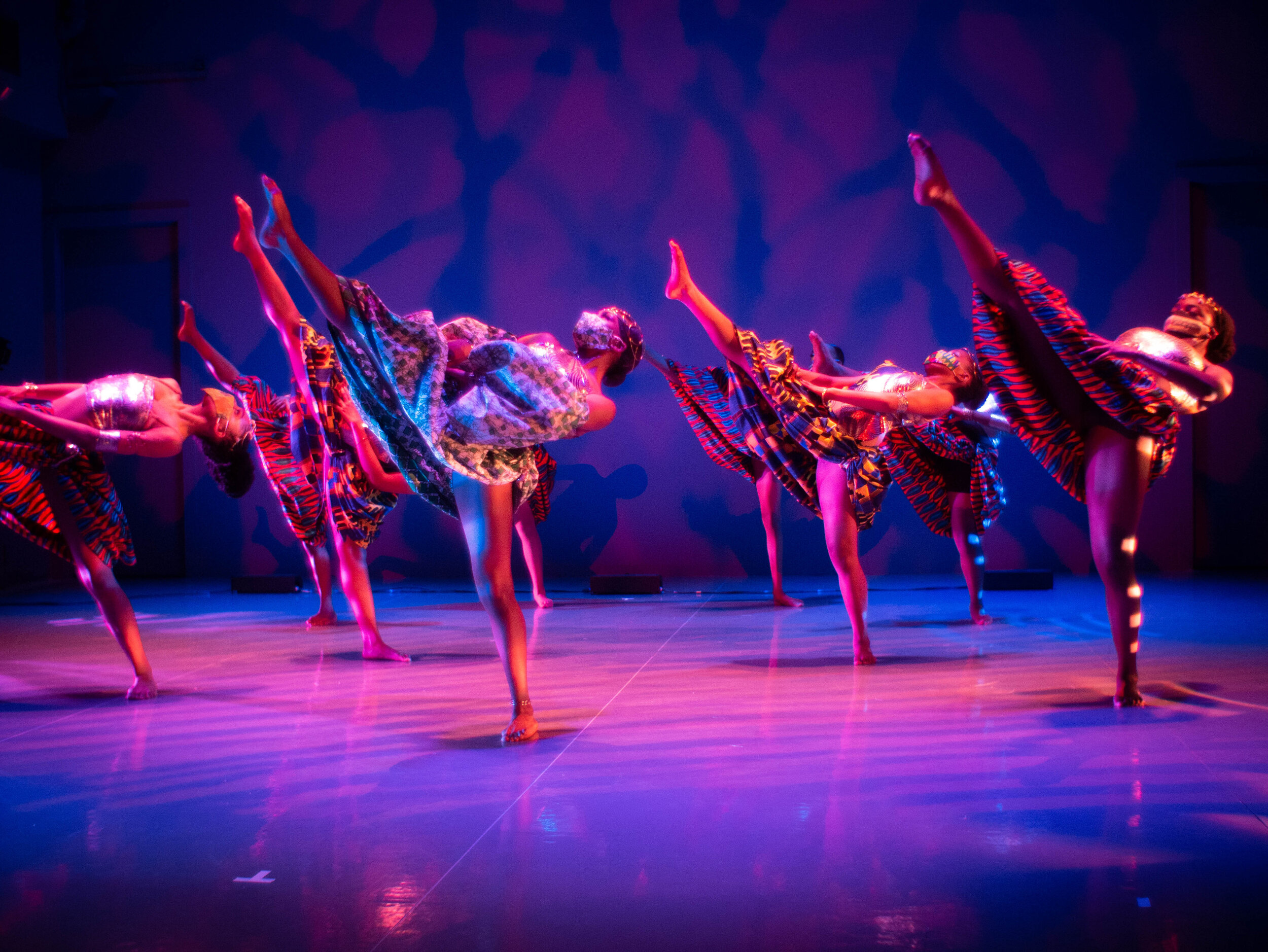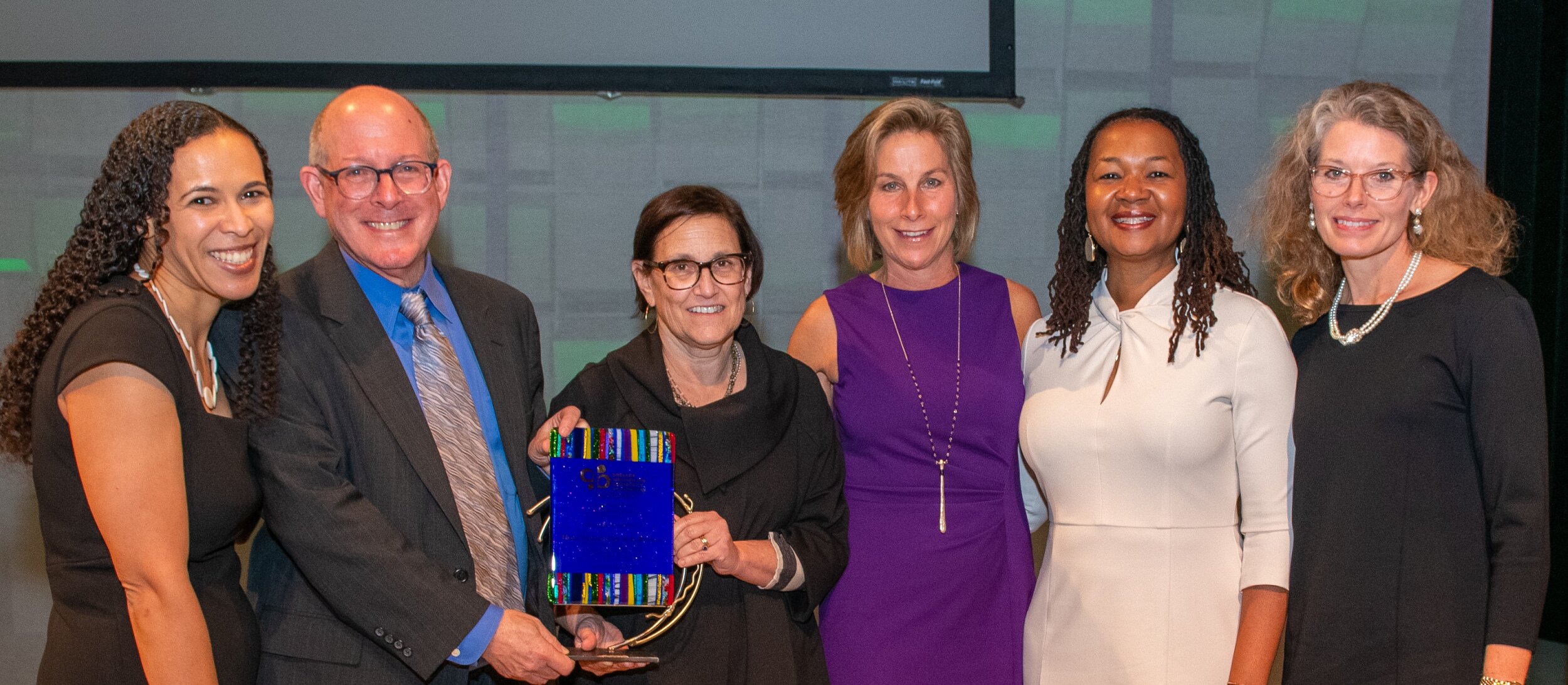By Jennifer Olney, Community Investment Officer, Partnership to End Homelessness
This week, communities across the country marked Hunger and Homelessness Awareness week, an annual program designed to bring people together to share information and stories that help draw attention to the persistence of hunger and homelessness in our community. Through our Partnership to End Homelessness, one of our goals is help to our partners and community members better understand who experiences homelessness and why, and what we can do about it.
Unfortunately, there are many misconceptions about homelessness and housing instability.
It is no secret that DC has a severe shortage of affordable housing. As local housing costs continue to outpace people’s incomes, nearly 1 in 5 residents reported they could only make it by for less than one month if they lost their current sources of income. A person working a minimum wage job would have to work two full-time jobs in order to cover rent on a one-bedroom apartment in DC. Without stable housing it is hard to focus on your health, get an education, maintain employment, or take care of other basic needs.
It’s important to remember that homelessness is not a choice or an individual failure. Homelessness is the result of systems that are failing our neighbors and as a result, failing our community. Due to systemic racism and decades of discrimination in housing, employment, and access to healthcare, Black and Brown residents are much more likely to struggle with housing instability and to experience homelessness. Although Black residents make up less than half of DC’s overall population, they make up 87% of people experiencing homelessness in DC. As we talk about racial and social justice, we must also talk about housing justice.
It’s important to remember that people who lose their housing and experience homelessness and housing instability are our neighbors.
People like Shelley, a mother and veteran, who could not make enough income to afford housing for her and her daughter. Or Janet, who lost her apartment after she was laid off when her employer shut its doors.
In DC, nearly 1 in 100 residents are without housing on any given night. They’re our neighbors including working adults, people suffering from chronic health conditions, families, college students, senior citizens, LGBTQ+ youth, and veterans. With the ongoing impacts of the COVID-19 pandemic and economic crisis, many households who were already struggling, lost their jobs or childcare and quickly fell behind on rent. According to a recent analysis by DCFPI, renters in DC still owe over $70 million in back rent.
We know that in order to reach our goal of preventing and ending homelessness, it will take all of us working together and doing our part. Over the past year, we have been working closely with our nonprofit and government partners to ensure that no one loses their housing during the pandemic. We’ve also been inspired by innovative partners like Empower DC and Horning Brothers who are going above and beyond to connect tenants with available resources to help them remain stably housed.
Join us in our work to ensure everyone has safe and stable housing that they can afford.
In 2019, we launched The Partnership to End Homelessness, a public-private partnership aimed at uniting DC government and the private sector around strategies to ensure homelessness is rare, brief, and non-recurring. We believe that ending homelessness in DC starts with creating more supportive and deeply affordable housing and strengthening our system so people have the supports they need to obtain and maintain stable housing.
With support from our donors and investors, the Partnership has helped to leverage and align over $12 million in funding to build and preserve affordable housing, provide critical support to nonprofits working on the front lines with people experiencing homelessness, and to support advocacy efforts that secured funding for housing for an additional 3,500 households in this year’s city budget.
We are making progress, but there is more to do. During Hunger and Homelessness Awareness Week, the Partnership is ramping up its efforts to end homelessness in DC and I hope you will join us. To learn more about our work, and how you can get involved, we invite you to explore our website or our most recent Impact Report, and consider supporting our work with an a donation to our grantmaking program.


























